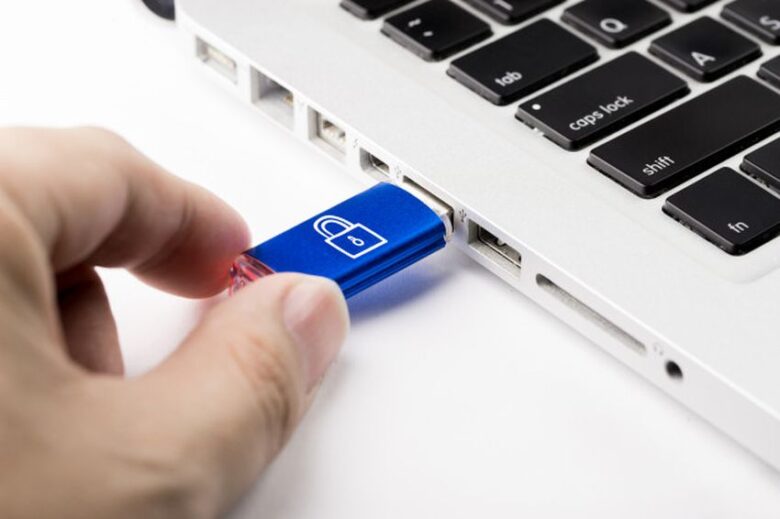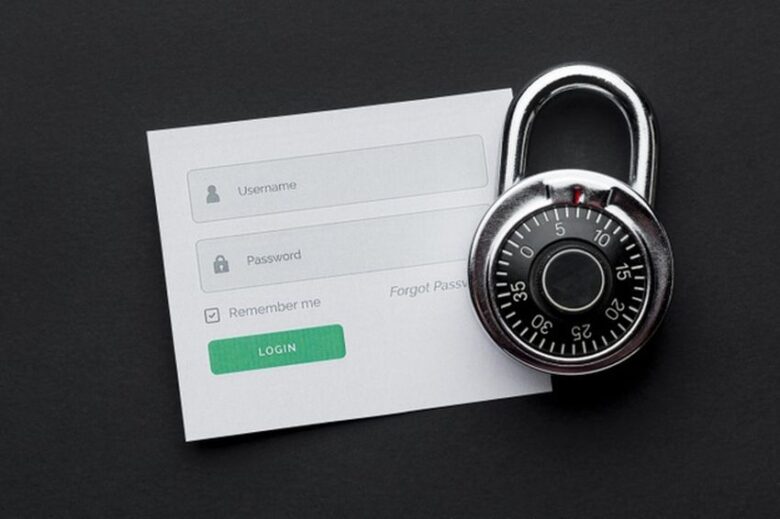Cyber-security is a very broad term, whose fundamentals consist of CIA (Confidentiality, Integrity, and Availability). The main aphorism of cyber-security is to protect network and data against unauthorized entrants who try to access your business information, for fulfilling their malicious intentions.
CNBC Research indicates that:
● Almost 43% of the cyber-attacks are targeted at small businesses.
● Only 14% are prepared to shield themselves against these attacks.
Cyber-criminals are aware that these businesses invest less in cyber-security tools due to their limited resources and hence they are easy and successful targets for them.
Cyber-security is vital for the digital world and if ample measures are taken to keep these securities in place, it may give a tough time for hackers to breach your network.
Good CMS systems like WordPress, Magento, Joomla, etc. have turned business owners into webmasters. The reason is that these CMS platforms have made website building an easy process. But many of these webmasters are unaware of the web security measures needed to protect their website.
In this article, we will discuss some important preventive measures which will help in keeping your site safe from hackers. Though it’s impossible to make any website hacker-free, at least the below-mentioned measures will help reduce your site’s vulnerability.
⮚ Features to Secure Website:
1. Ensure that Software and Plugins Updated

Img source: pexels.com
Hackers are quite tech-savvy and sophisticated and hence are successful in finding new vulnerabilities in the existing software codes. They use programs for reviewing keystrokes for gaining backdoor access and also create codes to find unprotected paths in networks. They are capable of transforming the computer into a launchpad for injecting codes into PHP systems, as well as find loopholes in java scripts for launching malicious attacks.
As these attacks become publicized, software experts start their job of fixing these security vulnerabilities and bugs. Hence updating software regularly, will keep these web exploits away from your networks, since all patches are updated.
As far as updating plugins are concerned, these plugins are like apps on your site. So, ensure to update WordPress plugins or plugins of any other CMS platforms, to enhance the site performance as well as security.
2. Go for SSL Security

img source: unsplash.com
SSL word pop-ups quite often while opting for web securities for securing websites. SSL stands for Secure Socket Layer. SSL certificate is installed on a website for securing the data-in-transit between the browser and the webserver. This certificate uses encryption techniques for securing data.
Just with the help of 2 keys, i.e. Public Key for encryption of data and Private Key for decryption of data, it secures your digital communication completely. It transforms the data in a coded form which becomes non-readable. Hence hackers find it difficult to hack sites secured with SSL certificates.
When your website is protected with SSL security, it shows “HTTPS” in the URL and a padlock in the address bar. Hence customers ensure that the site has an SSL certificate installed for protection of their information against cyber-criminals, before trusting it with their personal information.
Any vulnerable website can be easily breached by injecting compromised codes to steal data. A site secured with SSL is trust-worthy, and Google also encourages such sites by giving them a boost in SEO ranks.
To get an SSL, there are many providers like you who can buy an SSL certificate from CheapSSLShop who has a wide range of all global brands of SSL products. They provide these digital certificates at huge discounts to their customers for securing their sites.
3. Regular Backups

img source: freepik.com
Backups protect your website against catastrophic events. It is one of the most reliable cyber-security solutions since it helps retrieve lost data.
Many business owners are of the impression that having a firewall and anti-virus software keeps them safe and backups are just a waste of time. What they forget is, that though their site is protected by varied layers of security solutions, there always is a security lapse, through which unwanted sources can pave in.
Sometimes it is too late to prevent unwanted disasters, but if a reliable backup is done, it saves a lot of costs and effort to retrieve data.
Regular Backups come handy in case of computer crashes, viruses, cyber-attacks, physical damage to computer or theft of data, etc. which can destroy your business.
There are various types of backup like full backup, Differential Backup, and Incremental Backup.
Even Cloud Backup is an excellent cyber-security solution for restoring your business data. Accidental destructions can be reversed with a few clicks if an appropriate backup is in place.
4. Enforce Strict Password Policies

img source: freepik.com
Easy passwords are a security threat to your website. Hackers use brute force attacks to crack passwords. They use keystroke logging, network analyzers, etc. to find password vulnerabilities and access data.
Keeping the same password, birthdate, or your name is another major mistake, which makes the hacker’s task simpler.
A unique and complicated password, which is difficult to guess, works as a security guard to your computer. A long password with a combination of upper case, lower case, numbers, symbols, etc. is appreciable.
Example: jakl90$jbkl80$jckl70$
Change your passwords frequently and never write them on your desktops or laptops for easy access. Keep different passwords for different applications and never use the same password twice.
Various Password Managers help in managing passwords. Dashlane, KeePass, LastPass, etc. are a few of them.
5. Choose a Secure Web Host

Img source: zenkit.com
A great web host is the one that adapts strong security practices for the protection of websites.
Example: Web hosts like WPEngine ensure that their users have upgraded the latest version of PHP in their hosting packages.
Your web host should also be aware of the current security threats and is liable to keep your site protected. A backup to a remote server done by web hosts helps in case of emergencies. Not only does an efficient web host provide security to physical servers, but it also helps in securing DDoS attacks by regularly monitoring networks.
It is advisable to keep away from free or shared hosting because your resources are shared with other web owners, which can be risky. Even in free hosting, there are chances that your hosting provider may sell your valuable data to attain some profits, or may offer cheap web securities which may pose a threat to your site.
Go for a dedicated hosting provider like WordPress or Joomla which comes with a lot of security measures and plugins to keep your site secured.
Final Words
Frauds come abruptly in all shapes and sizes, and hence all security measures must be in place to prevent them. In this article, I have elaborated on 5 basic security measures, which go a long way in securing your site and data. Ensure that your software is not outdated or expired, install SSL encryption security for data privacy, create strong complex passwords, maintain regular backups and opt for a secured web host, which keeps your website protected against cyber-criminals.




